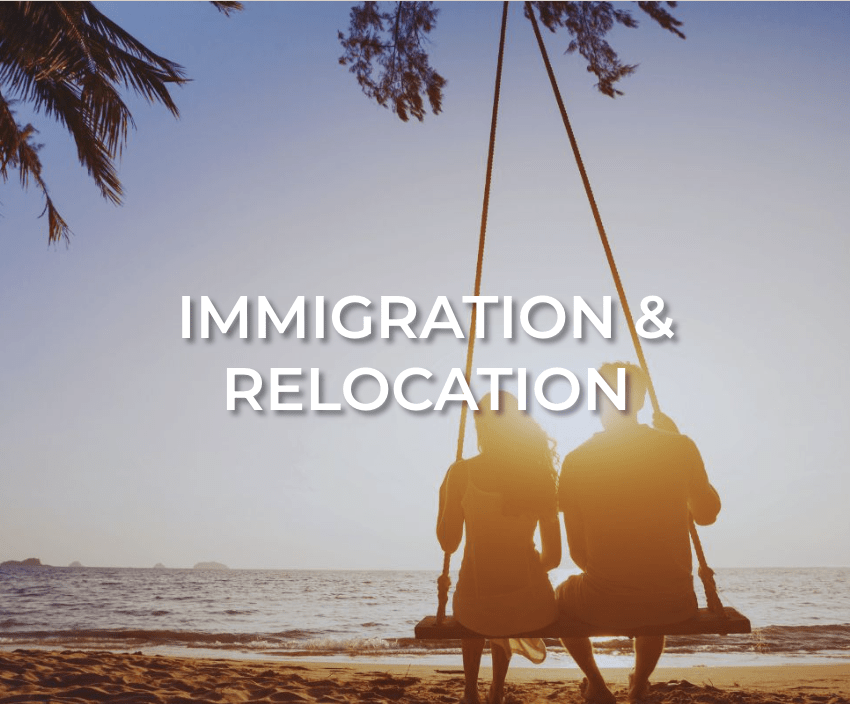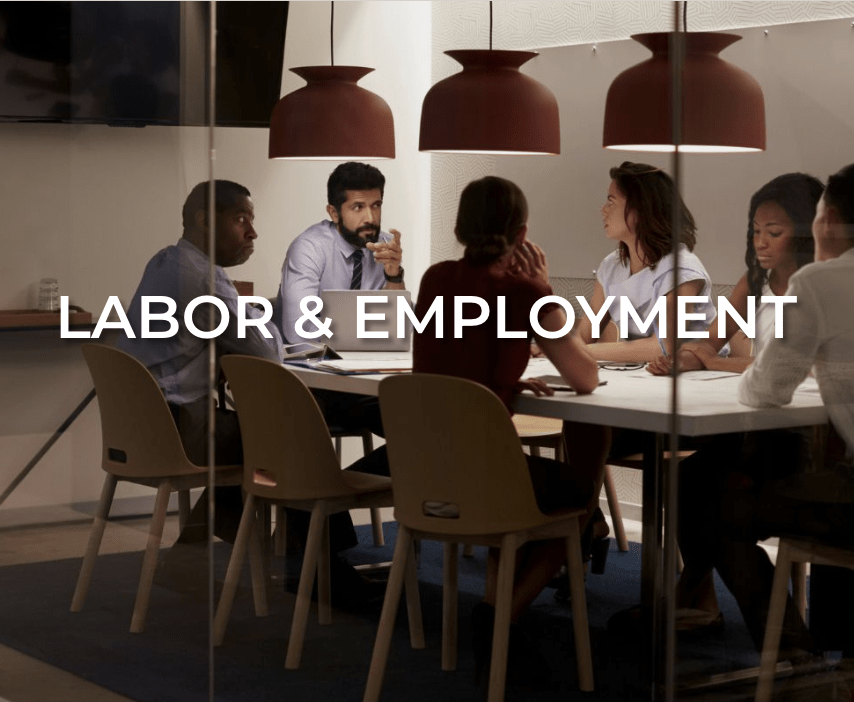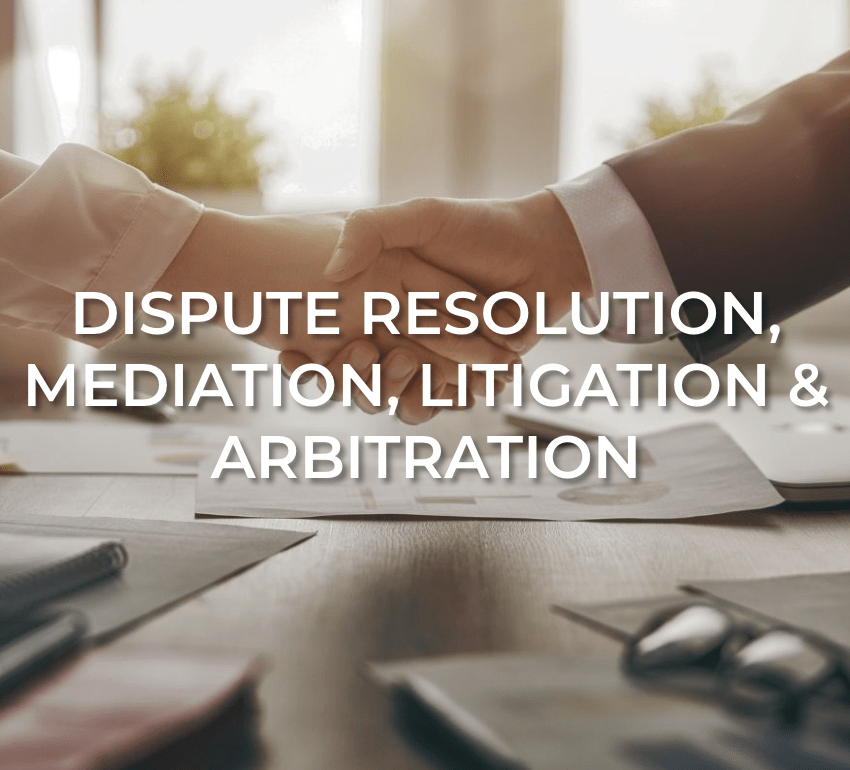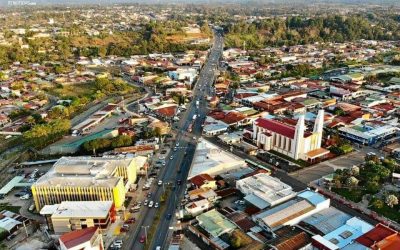

Costa Rica Tax Laws: Three Common Mistakes About The Luxury Tax
by Quatro Legal Real Estate Team | Mar. 03, 2024 | Article, Real Estate

No one enjoys discussing taxes, but navigating Costa Rica’s tax laws is a must if you plan to live in the country. Today, we’re zeroing in on a tax that many expats either misunderstand or try to sidestep: The Luxury Tax.
If you’re in need of more information on the Luxury Tax in Costa Rica, including how its payment percentage is calculated, this guide to the Luxury Tax will help you understand it thoroughly.
The purpose of these articles isn’t to persuade you to pay taxes—because, let’s be honest, nobody finds joy in that—but to assist you in understanding the correct way to manage Costa Rica tax laws, thus avoiding fines and complications. Drawing on our day-to-day experience as Costa Rica real estate lawyers and frequent interactions with expats and investors, we’ve identified the three most common mistakes and myths encountered with the Luxury Tax.
3 Common mistakes surrounding the Costa Rica Luxury Tax
1. Thinking you don’t need to pay the luxury tax
When foreigners are in the midst of purchasing property in Costa Rica, it’s a common scenario to encounter sellers who haven’t registered with the Tax Agency as contributors of the solidarity tax, often justified by the claim that “no one pays it.”
Despite the widespread evasion of this tax in Costa Rica, it doesn’t imply it shouldn’t be paid, nor does it eliminate the risks associated with non-payment. Additionally, many homeowners believe their property won’t be subject to this tax due to its age or type, fearing that if it is, the taxes will be exorbitantly high. However, compared to similar taxes in other countries, the luxury tax in Costa Rica is relatively low-cost.
What most owners overlook about Costa Rica tax laws is the significant risk involved in evading this tax: not only can interest be accrued on the unpaid amount, but more critically, the penalty for non-payment can be as much as ten times the amount due. This fact alone can be quite alarming!
2. Overpaying the Costa Rica luxury tax
Another common error with Costa Rica tax laws is calculating the luxury tax based on the market value of the property. Some professionals or advisors might recommend using the market value for filing the solidarity tax declaration; however, this approach could lead to overpaying by 25% to 30% more than the actual tax obligation.
Market value not only considers the construction but also factors in the property’s location, amenities, land area, and whether it has an ocean view, among other variables, including personal attachment value. Therefore, relying on market value for tax calculation is incorrect and usually results in higher costs.
Moreover, it’s crucial to understand that once a declaration is filed, the declared value sets the luxury tax amount for the next three years, necessitating careful consideration during the filing process to avoid incurring additional, unnecessary expenses.
3. Not performing a Costa Rica property appraisal
The accurate method to determine if a property falls under the luxury tax is by conducting a professional appraisal to assess its construction value. A significant mistake, however, is failing to enlist a qualified professional or expert for this assessment.
Instances abound of owners, real estate companies, and law firms relying on appraisals from individuals lacking the technical expertise or even conducting them from their desks! Such appraisals yield questionable information, with content, structure, and results that are unlikely to withstand scrutiny in an audit. In our view, the appraisal should be carried out by an architect or an engineer with documented expertise in the area. Any other approach is a decision fraught with risk.
Should the appraisal determine the property’s construction value to exceed ₡145,000,000.00 (approximately US$281,555.00 at an exchange rate of ¢515.17 per US$1), it becomes liable for the luxury tax. Conversely, if the appraisal sets the property’s value below this threshold, the formal report serves as technical proof of non-liability for the luxury tax, should an audit by the Tax Agency occur.
It’s also crucial to consider that significant remodels or upgrades to the house necessitate a new appraisal, as these changes will affect the property’s value.
In conclusion, opting to bypass a luxury tax appraisal, not filing the declaration, and avoiding the tax payment can end up being more costly than adhering to the correct procedures and contributing to the luxury tax. By following Costa Rica tax laws, you’re also contributing to efforts to address the housing challenges faced by individuals in poverty.
For more information, please fill out the courtesy e-meeting form at the bottom. We will be glad to assist you!
Disclaimer: The information provided in this blog post is for general informational purposes only and is not intended to constitute legal advice. While we strive to ensure the accuracy and timeliness of the content, laws and regulations are subject to change. For the most accurate and up-to-date information, please contact our office directly. Some images may be AI generated.
Get To Know Quatro Legal

We’re bringing empathy and excellence back to legal counseling. Quatro Legal is built on a bedrock of kindness, a passion for service, and a commitment to guiding you through your legal challenges with ease.
OUR SERVICES
EXPLORE BY
category
REAL
ESTATE
CORPORATE
COSTA RICA
LIFESTYLE
LABOR & EMPLOYMENT
CLIENT
TESTIMONIALS
FREE TRADE
REGIME
All Rights Reserved 2023 | Privacy












